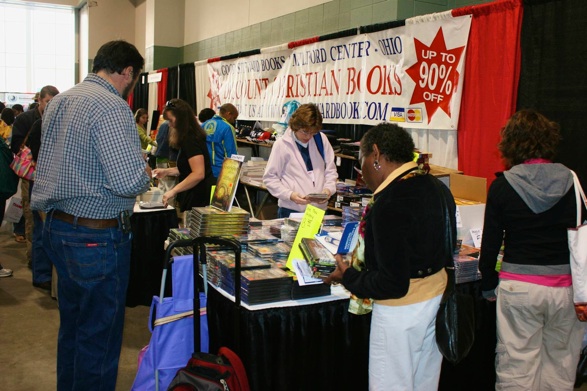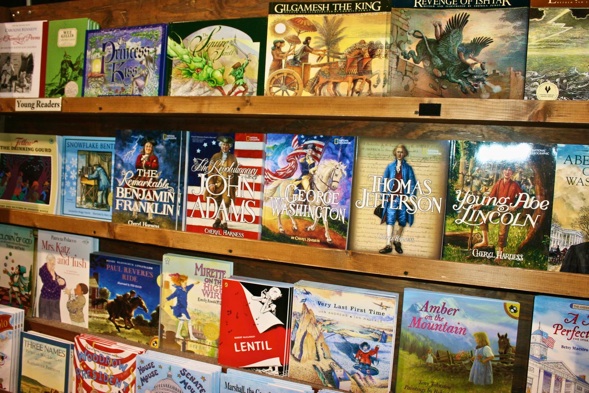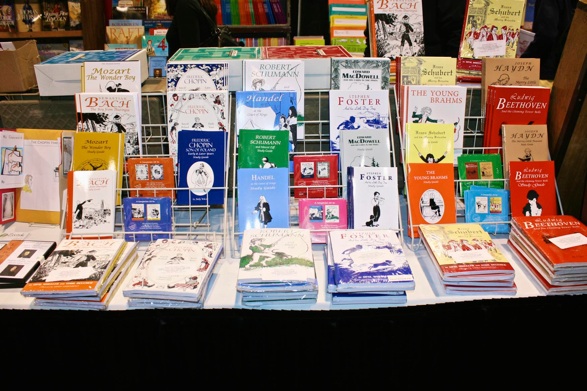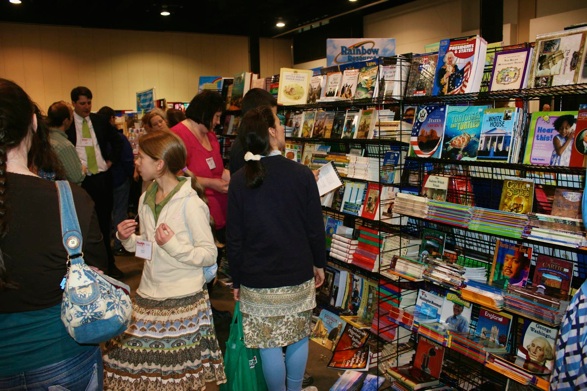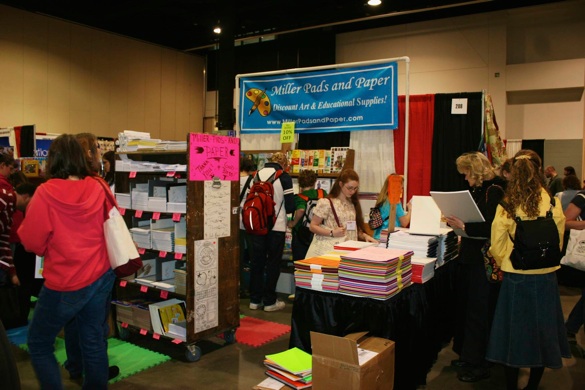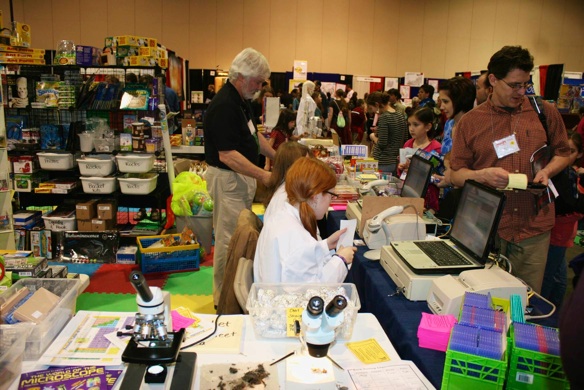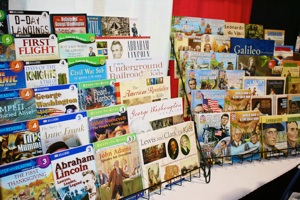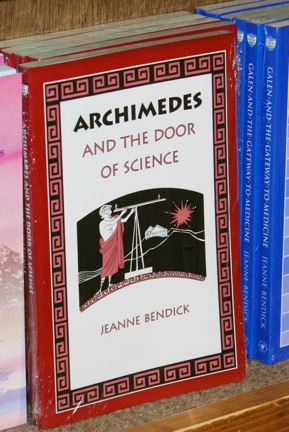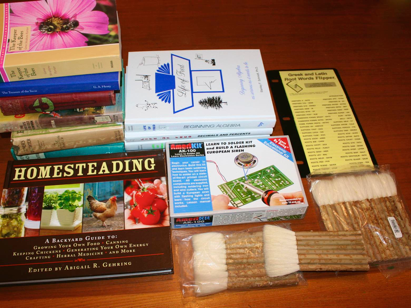
So I’ve just returned home after two days at the MassHOPE homeschooling conference. Above is what I bought – more than nothing, but so much less than usual! All of it is for my youngest daughter, except the phenomenally large Chinese brushes which are for me! At the top left are new and used copies of some favorite authors: Jean Stratton Porter, G.A. Henty, and out-of-print Noel Streatfeild. I also bought a Latin & Greek word root chart, a soldering kit and a book on homesteading which she is interested in. (Also not shown I bought a Catan card game and an art history timeline…) In the middle top is the unexpected purchase: four Life of Fred math books (see here) which friends of mine highly recommend as good, funny math books. (For the rest of our homeschooling plan for next year, click here.)
I went to workshops on:
- teaching middle school chemistry and physics
- Classical education
- spelling and the brain
- ten reasons to homeschool teens
- entrepreneurs at home
- the profound influence of music on life
- using the internet as a study tool for science
I learned all sorts of things like:
- There is a difference between knowing a name for something and knowing something
- Peanut butter is a great solvent for bubblegum
- Don’t tell kids the answers to their questions; make them find their own answers
- If you learn chemistry, physics, Latin and music early and well, everything else will come easy and fast
- To make science accessible, you need to provide content, followed by related kinesthetic activity, and then make connections to other disciplines
- For better memory, activate as many senses as possible. See it, say it, touch it, draw a picture of it, explain it to someone else, and connect it to something you know.
- Reason we spell less well in the last 50 years is the advent of workbooks instead of spelling bees. When we see the word we look at the whole thing, not sequentially. But when we do it auditorily, we hear the sounds sequentially, and have a better chance to learn them. Teach spelling conversationally, quizzing verbally, and students will do better.
- Three ways brain stores information: through frequency, intensity, and duration. Use this fact to your advantage.
- See the documentary titled Spellbound
- There is now research proving that homeschoolers are better socialized
- teach your kids that the primary purpose of an employee is to make sure his employer is successful
- See this YouTube video: “Did You Know” (click here)
- Those that use multiple information sources are the ones that succeed
- For a computational search engine use www.wolframalph.com
- Key to internet research is to focus. Before you go on to the next website, write down three things you got out of that one.
- The goal of learning is the process.
The best part of the conference was being with some friends. We got away from our families and immersed ourselves in something we have in common and feel passionate about. We reminded ourselves that there are many of us are out there. We went out (see here) for a big dinner; I had so many scallops I had to leave three! I shared a room with a friend and we talked for hours after the lights were out. We drove up and back together too, and never ran out of things to talk about.
In most ways I’ve outgrown this conference, and it is unlikely I’ll be back. But I so appreciated, the solidarity, camaraderie, and seeing so many earnest parents lovingly trying to do their best for their families. The market is saturated with great materials and I’ve seen this movement grow up so much in the last eleven years. It gives me a wistful feeling watching newbies, green behind the ears, asking questions about how to start out with their kindergartener. I know so much now I didn’t know then, and I’m grateful I was lead onto this homeschooling path. The blessings are enormous!
